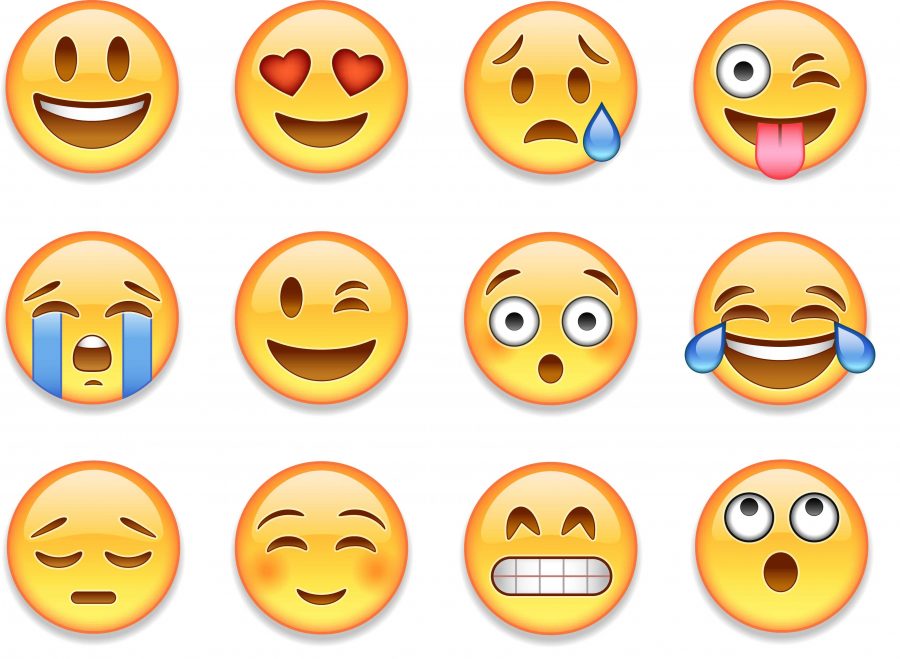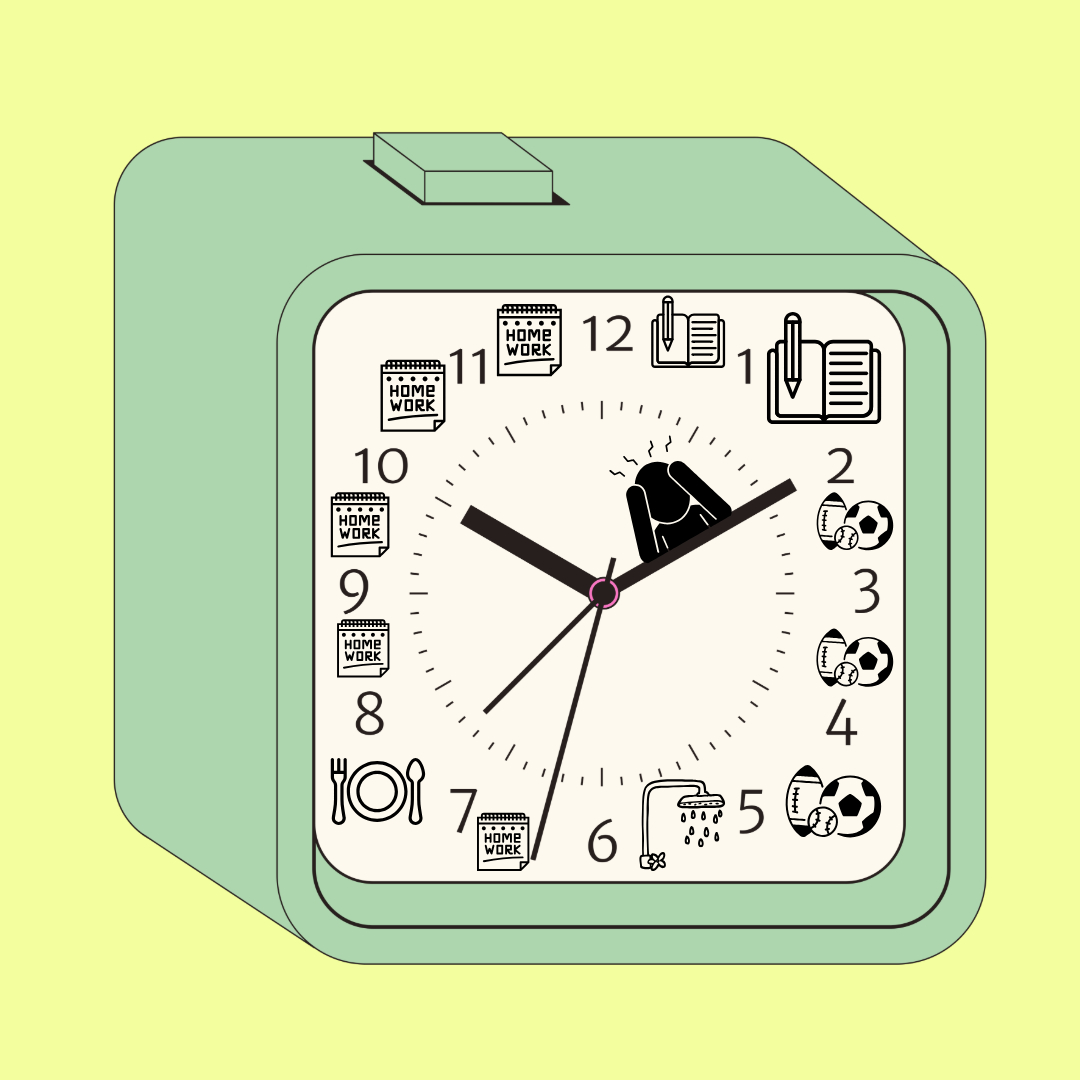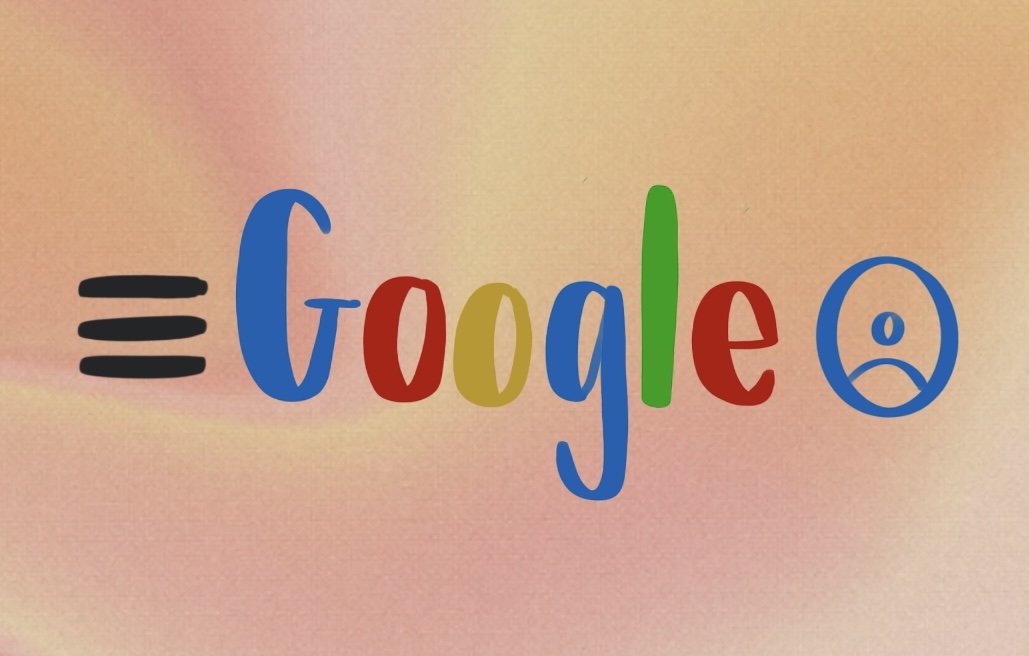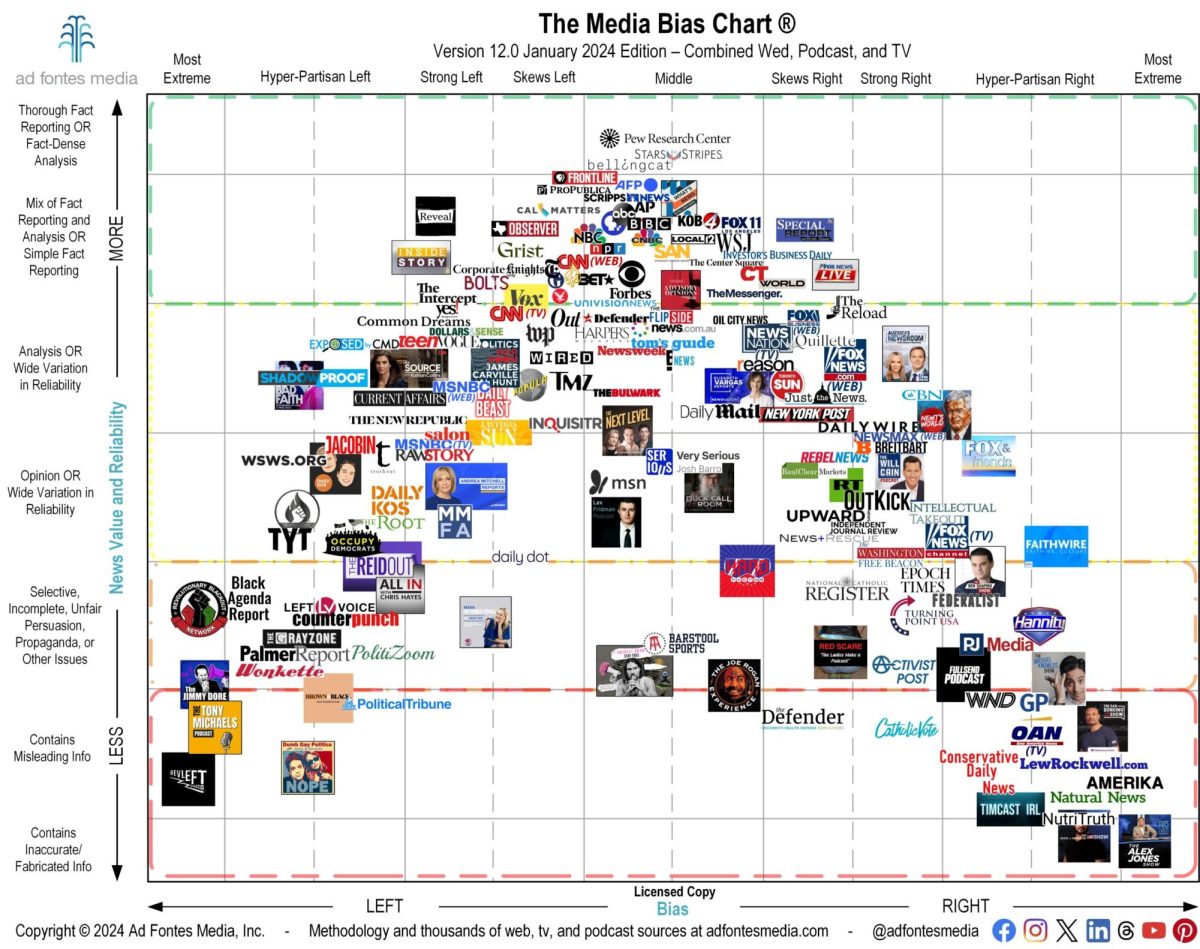The Oxford Dictionary’s 2015 word of the year was an emoji—more specifically, the face with tears of joy emoji. Times are changing, and so is the English language. However, there is one demographic most culpable for such a transformation: teenagers. Teenagers drastically alter the English language, and the result is the presence of words and phrases that become popular for a short period of time until new words and phrases gain popularity and overshadow the old ones. Teenagers’ pattern of the rise and fall of overused terms damages the English language and hinders communication between adults and teens.
The disparities of teen talk and talk of older generations is, in fact, disadvantageous. The 2017 word of the year, “youthquake”—which means “a significant cultural, political or social change arising from the actions or influence of young people”—exemplifies the immense amount of social changes teenagers have rightfully perpetrated and social changes that teenagers have unrightfully perpetrated. One of those unfavorable changes is the shift in the way teenagers communicate with each other.
The culture in which teenagers prefer texting to talking in person has created a stigma where being grammatically correct is not considered “cool.” Proper grammar is often omitted when teens text; as a result, this lack of correct grammar usage is evident in both the speech and writing of today’s teenagers.
“Lol,” “idk,” “omg”—these acronyms are also overused and subsequently carry less weight than they did when used only in situations where people truly meant what they typed. They create seemingly generic communication among cellphone obsessed teens. When translated into face-to-face conversations, these phrases have become a part of everyday interactions, which makes communication among teens overly casual.
Lastly, these annoying, overused words utilized by teenagers create a barrier between teenage and adult talk. Words such as “like,” “literally” and “legit” have existed for generations; however, teenagers are beginning to overuse them. As a result, they have taken the place of the myriad other words that can express their emotions in the same way. Teens have also changed the meaning of these words and use them as a conversation filler rather than with genuine intent. Phrases come and go, and the language of teenagers is constantly evolving as a result. But teens do not just overuse phrases; they also create new ones. This pattern is damaging and is a disturbance to the nearly perfectly formulated language.
Teenagers have said their goodbyes to proper grammar and vocabulary in conversations with one another. Society should hope that what teenagers consider to be “old English” is not diminishing. The times of commas, dashes and colons in text messages are coming to an end. To most, this realization may be a bit daunting, but society must grow accustomed to this new norm. However, society must not allow for the takeover of teenage language. At this rate, who knows what Oxford Dictionary’s 2018 word of the year will be. Maybe it will be a word that has not been created by teenagers yet. Or maybe, it will not even be a word at all but rather an acronym or abbreviation.















